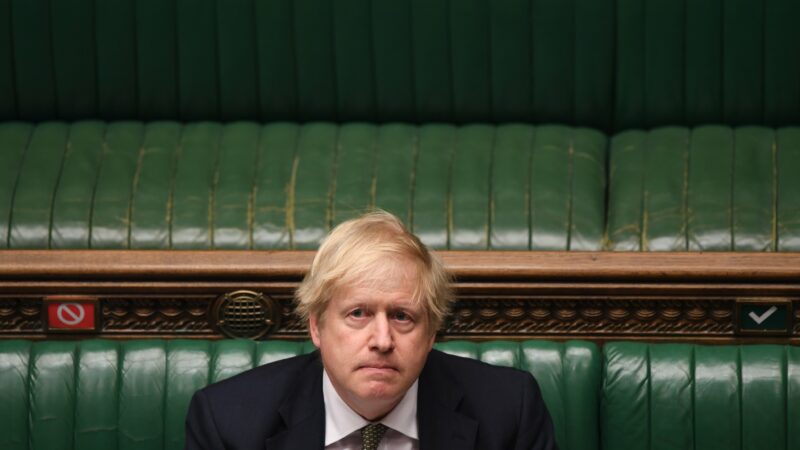
Labour has slammed the Prime Minister for “going back on his word” and refusing to meet with bereaved families in the pandemic after having previously announced on TV that he would.
Rachel Reeves described reports that Boris Johnson had privately declined to meet members of Covid-19 Bereaved Families for Justice, who wrote to the Prime Minister requesting a meeting five times, as “astounding”.
Co-founder of the campaign group Jo Goodman said the move from Johnson was “heartless”, adding: “It’s like the Prime Minister only wants to meet with people who will smile and not ask difficult questions.”
Reeves said: “These revelations that bereaved families had to write to Boris Johnson five times asking to meet him – for him to privately go back on his public word and refuse are astounding, and upsetting for so many whose families and lives have been impacted by Covid in this way.
“41,504 people have tragically lost their lives to this virus. The very least the Prime Minister could do is respond truthfully to their families, and have the heart to meet some of them and their representatives.”
The Shadow Chancellor of the Duchy of Lancaster added: “The Prime Minister has been going back on his word all summer – but to not even meet with grieving families hits a new low.”
Johnson was asked during a TV interview on August 26th about the group’s requests to meet with him. He said that he was unaware of the letters but that he would meet with “anybody” who had lost a relative to the coronavirus.
The Prime Minister told viewers: “I will write back to every letter we get and of course I will meet anybody… the bereaved who’ve suffered from Covid. Of course I’ll do that.”
Covid-19 Bereaved Families for Justice is campaigning to see an independent, judge-led, statutory public inquiry investigate the pandemic and the government’s response to the crisis.




More from LabourList
‘Labour council candidates – it’s tough, but all is not lost’
‘Labour won’t stop the far right by changing leaders — only by proving what the left can deliver’
‘Cutting Welsh university funding would be economic vandalism, not reform’